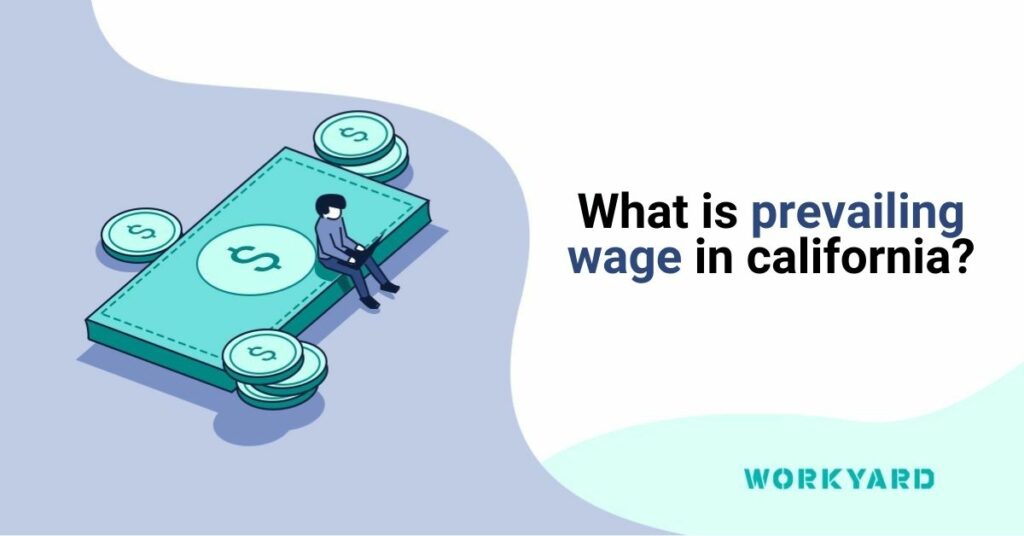Prevailing wage in California refers to the mandated minimum compensation for workers on public works projects, ensuring fair pay and labor standards. Governed by state law, prevailing wage rates are determined by the California Department of Industrial Relations (DIR) and vary based on job classification and location.
The DIR conducts surveys and research to establish prevailing wage rates for various trades and occupations in different geographic regions across California. These rates reflect the wages, benefits, and overtime compensation commonly paid to workers in the construction industry for comparable work.
Prevailing wage laws in California apply to all public works projects funded by state or local government agencies, including construction, alteration, demolition, installation, or repair of public infrastructure. This encompasses a wide range of projects, such as roads, bridges, schools, and government buildings.
Contractors and subcontractors working on public works projects in California are required to pay their employees the prevailing wage rates specified for their respective job classifications and geographic areas. Additionally, contractors must adhere to regulations regarding fringe benefits, overtime pay, and recordkeeping.
The DIR oversees the enforcement of prevailing wage laws in California, conducting audits, investigations, and compliance reviews to ensure contractors’ adherence to wage and labor standards. Contractors found in violation of prevailing wage requirements may face penalties, including fines and debarment from public contracts.
Workers covered by prevailing wage laws in California have the right to receive accurate wage statements, overtime pay, and fringe benefits mandated by law. They also have recourse to file complaints with the DIR if they believe their rights have been violated by their employer.

